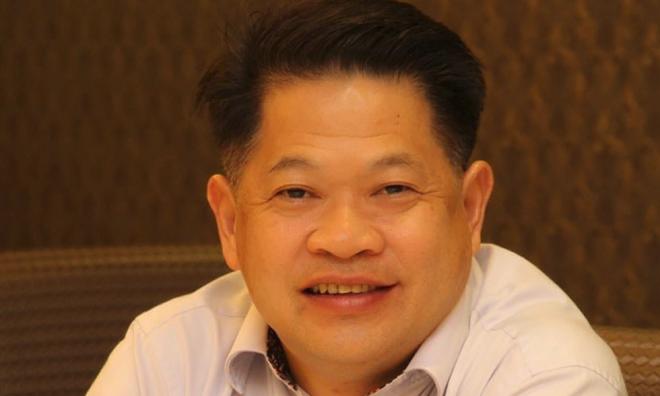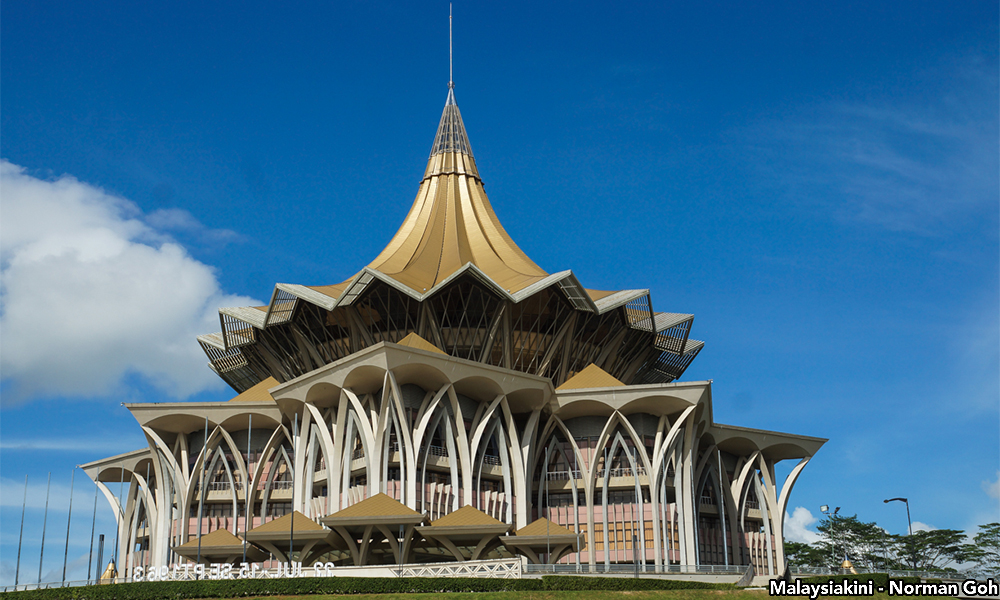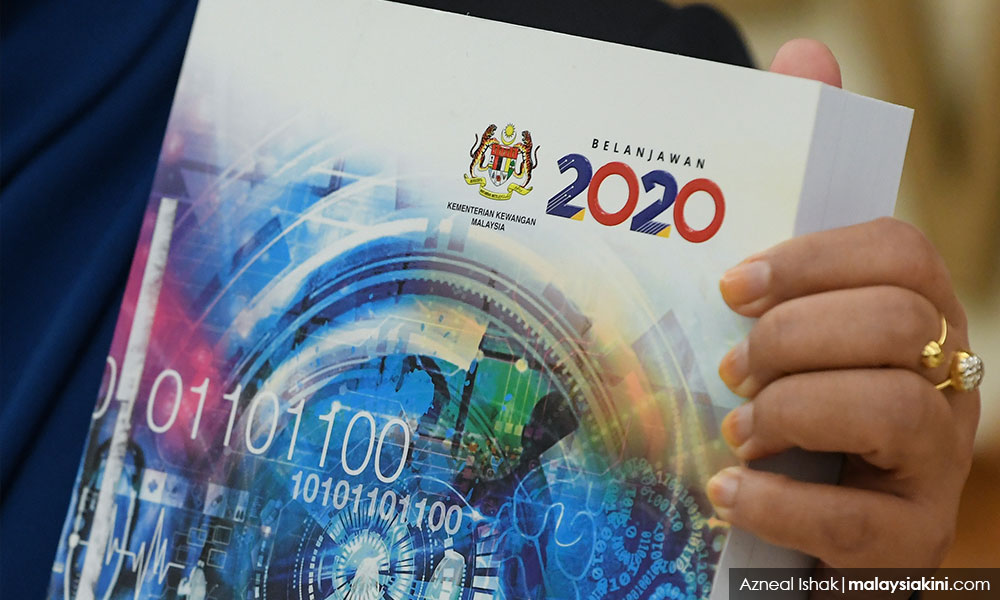
The dual citizenship saga of Dr Ting Tiong Choon who was disqualified as Pujut assemblyman in a Federal Court ruling on Feb 11 has been hotly debated in Sarawak over this past week.
This is a brief background of the case.
The apex court overturned the Court of Appeal ruling and that the Sarawak state assembly's move to disqualify Ting (above) over his past dual citizenship was unlawful.
On July 2018, in a majority decision, the Court of Appeal upheld the Kuching High Court's ruling that the Sarawak Legislative Assembly's move to disqualify Ting over his Australian citizenship was unlawful, saying that it had acted beyond its jurisdiction.
Ting had acquired Australian citizenship in 2010 but renounced this on April 4, 2016, before he was voted in as the Pujut assemblyperson in the state election on May 7 that same year.
Everyone who waded in on the issue have their own views. That is normal and expected.
Some thought it was too harsh a decision while others said Ting got what he deserves for his "carelessness" and questioned his change of mind to return to Sarawak and partake in politics. Ting stood on a DAP ticket.
All are entitled to their opinions. Why, even two on the panel of the nine-member apex court bench gave a dissenting judgement and they were none other than Chief Justice Tengku Maimun Tuan Mat and Chief Judge of Sabah and Sarawak David Wong Dak Wah.

So do not expect all to agree on the legal interpretations of this case. There will never be a consensus; let’s leave it at that.
However, there was an interesting development as a result of the court ruling. This is something new as I do not recall a similar case in any state legislative assembly in the country.
Sarawak assembly Speaker Mohd Asfia Awang Nassar now wants to send a letter of demand to Ting for all monies paid to him during his service as an assemblyperson from 2016.
Asfia’s reasoning was that “He (Ting) had never been a lawful representative of Pujut and as such he should not be receiving a salary (as a state assemblyperson)”.
He told reporters after the court decision that he would instruct the assembly secretary to write to Ting to ask for a reimbursement of all monies received.
Sarawak DAP shot back at Asfia, stating that “he (Asfia) can bring this to court only to embarrass himself for not understanding the law and the judgement”.
On this, I think the speaker’s demand is quite ridiculous because it was not Ting’s fault that he was allowed to contest and later, found himself duly elected in 2016.

Why was his previous Australian citizenship not an issue then? This was clearly an oversight on the part of the authorities (read the Election Commission).
The salary Ting received was rightfully due to him as he had fulfilled his duties and responsibilities as the Pujut lawmaker until his disqualification.
But Asfia’s quest for Ting to return all monies paid to him has brought up another interesting poser in my mind and that is - should we scrap the pension benefit for politicians and introduce gratuities instead?
All elected lawmakers receive a pension if they have served a full five-year term. Eligible civil servants also receive a pension and this retirement benefit represents the government’s appreciation and recognition of civil servants in the public service.
The government is now finding this a great challenge as it is saddled with a huge pension bill. Under Budget 2020, the government had proposed an allocation of RM27.06 billion for retirement charges, making up 11.23 percent of the total operating expenditure. This amount is monumental.
Of late, many have also questioned the government’s contemplation to introduce a new scheme whereby appointments in the public service will no longer be made under the permanent and pensionable scheme but will be replaced with a contractual scheme.
Their question why there will soon be no pensions for civil servants but multiple pensions for politicians is valid indeed.
Recent reports that many Malaysians (the figure ranges from 80,000 to 100,000) who will be laid off this year alone due to Covid-19 is most worrying. As if the economic downturn has not caused Malaysians to suffer enough, then comes this virus scare.

Lawmakers should not be treated differently from ordinary Malaysians in the public or private sector the latter who has also toiled tirelessly to contribute to the nation’s growth and development.
If future civil servants are to be put on the contractual scheme, why shouldn’t legislators be included in the same scheme?
If those in the private sector are laid off with a VSS or a gratuity calculated on the number of years of service, why shouldn’t lawmakers be treated the same?
Seriously, I must also ask whether politicians who had it so good when they were in government really depend on their pension to live out the rest of their sojourn on earth.
Ask Dr Mohathir Mohamad, Abdul Taib Mahmud, Najib Abdul Razak, Ahmad Zahid Hamidi and many others whether they need their pension for their daily needs? That would be an insult to them, wouldn’t it?
In the case of Pujut’s Ting, he is certainly not entitled to a pension but he deserves a gratuity for the more than three-and-a-half years he had served as the Pujut state assemblyperson.
It would be wrong for Asfia to go after Ting for what is rightfully his. The Sarawak government should consider what had been paid to Ting as his salary and further compensate him with a gratuity for his 44 months in office as the Pujut state representative.
Consider Ting as a worker who has been laid off.
That is fair and square.
FRANCIS PAUL SIAH heads the Movement for Change, Sarawak (MoCS) and can be reached at sirsiah@gmail.com. - Mkini


No comments:
Post a Comment
Note: Only a member of this blog may post a comment.